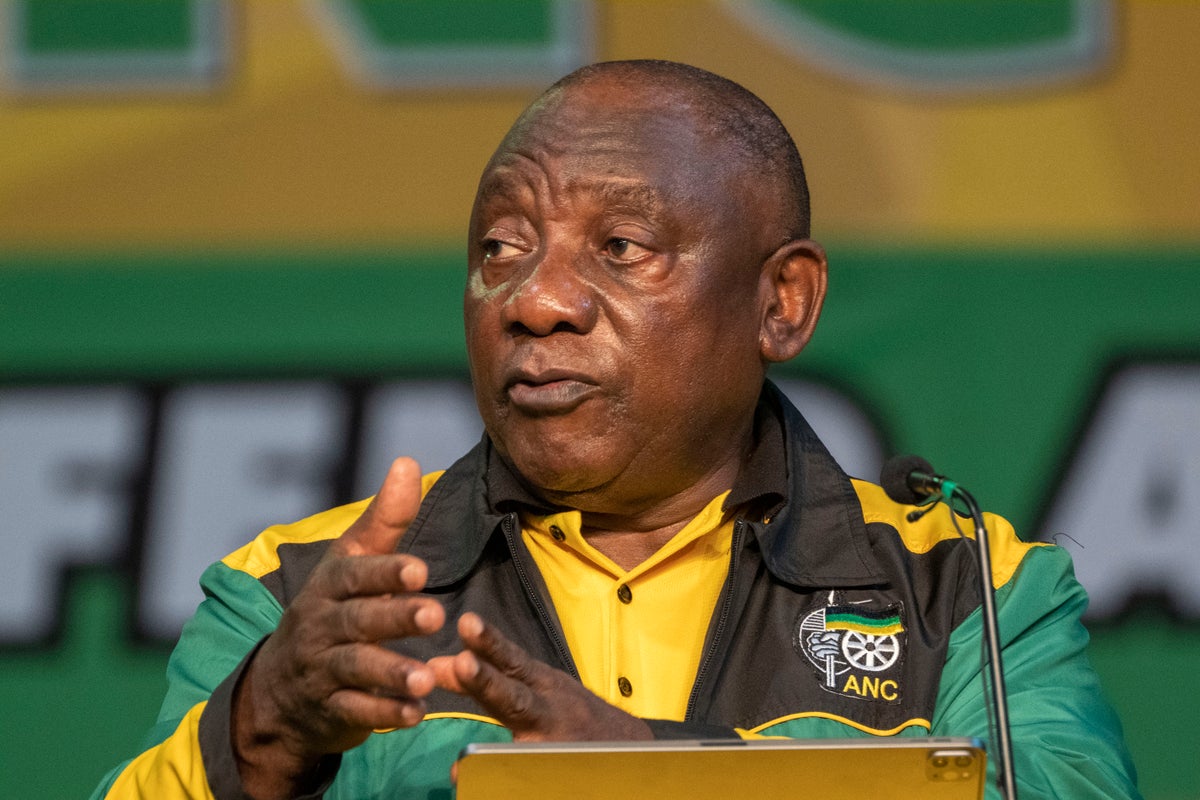
South African President Cyril Ramaphosa is under pressure to convince the country that his government is addressing the nation's dire electricity crisis and bleak economic outlook in his annual State of the Nation Address on Thursday.
Ramaphosa will open a new session of Parliament in Cape Town as South Africa, the continent's most developed economy, is reeling from prolonged power cuts and high unemployment levels.
The high cost of food and fuel has also been cited as a major driver of the rising cost of living for the country’s Black majority.
South Africa has also seen widespread demonstrations by poor communities who charge the government has failed to deliver basic services like water, sanitation and housing.
The power blackouts have added to South Africa's economic woes, which include an unemployment rate of more than 30% including the loss of an estimated 2 million jobs during the COVID-19 pandemic.
The South African economy is currently losing more than $56 million daily due to the ongoing power blackouts, Energy Minister Gwede Mantashe told a mining conference in Cape Town this week. Rolling power cuts of up to 8 hours per day are hitting homes, factories and businesses across the nation of 60 million.
The country’s power utility Eskom is unable to produce adequate power due to frequent breakdowns at its aging coal-fired power stations and years of corruption.
Opposition party Democratic Alliance leader John Steenhuisen said he does not expect much from Ramaphosa's speech.
“Nothing that President Ramaphosa says on Thursday will change this reality. In fact, Ramaphosa is the one who has taken us down this path of failure over the last five wasted years, during which time this country has rapidly gone backwards on every conceivable metric,” said Steenhuisen, delivering his party’s alternative state of the nation address earlier this week.
The leftist opposition party Economic Freedom Fighters has threatened to disrupt Ramaphosa’s address.
Ramaphosa’s address comes ahead of an expected cabinet reshuffle following the resignation of deputy president David Mabuza and changes in the leadership of the ruling African National Congress party.
Ramaphosa is expected to appoint newly-elected ANC deputy president Paul Mashatile to replace Mabuza.







